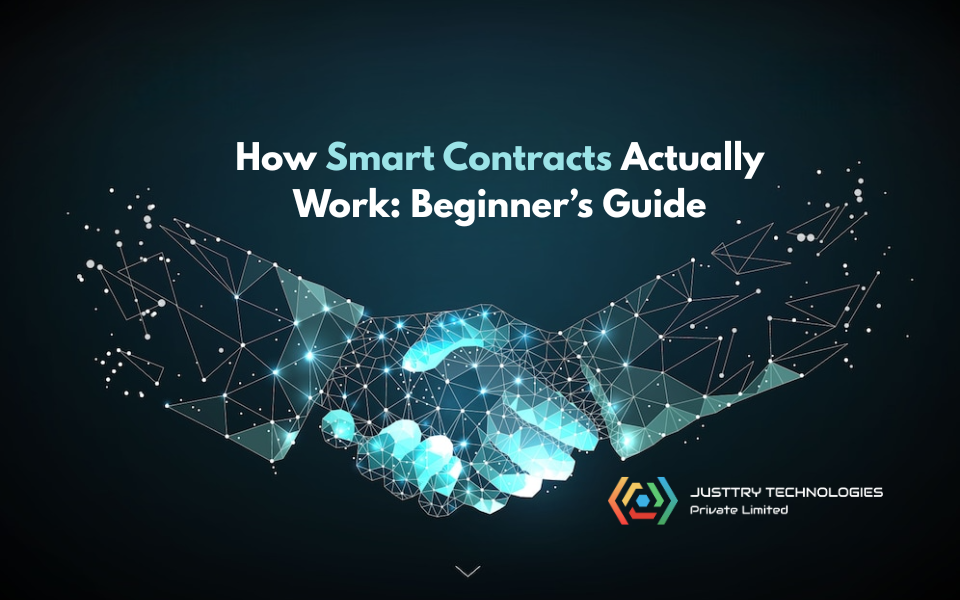Introduction
In today’s fast-paced world, success isn’t just about IQ or technical skills—it’s also about how well you understand and manage emotions, both yours and others’. This is where Emotional Intelligence (EI) comes in. As psychologist Dave Caruso put it, “Emotional intelligence is the capacity to think wisely about emotions and to use emotions wisely in thinking.”
Whether you're leading a team or building personal relationships, emotional intelligence helps you connect, communicate, and adapt. It’s the foundation of empathy, conflict resolution, and resilience in the face of stress.
What Is Emotional Intelligence?
At its core, emotional intelligence is the ability to recognize, understand, and manage emotions. It includes five key components:
Self-awareness – recognizing your emotions and their impact
Self-regulation – staying calm and in control, even under pressure
Empathy – understanding others’ feelings and perspectives
Social skills – building healthy relationships through communication and collaboration
Motivation – staying driven by internal goals, not just external rewards
Research shows that people with high EI often enjoy better mental health, perform better at work, and lead more satisfying personal lives.
Why It Matters More Than Ever
From the workplace to the classroom, EI is becoming increasingly important. Teams with emotionally intelligent leaders are more productive and have higher retention. Students with strong EI tend to perform better academically and socially. The ability to manage emotions, relate to others, and adapt to change is now a key predictor of long-term success.
How to Build Emotional Intelligence
Improving EI takes practice, but it’s absolutely possible. Here are five effective strategies:
Practice Self-Awareness
Spend time each day reflecting on your emotions. Journaling and mindfulness are great tools to help you understand what you feel and why.
Learn Self-Regulation
In stressful moments, pause before reacting. Try deep breathing or meditation to stay calm and make thoughtful decisions.
Build Empathy
Put yourself in someone else’s shoes. Practice active listening and try to truly understand what others are experiencing.
Strengthen Social Skills
Communication is key. Be clear, respectful, and supportive. Give feedback and show appreciation to foster trust and connection.
Stay Motivated
Set meaningful goals and remind yourself why they matter. Celebrate small wins to keep your inner drive alive.
Overcoming Challenges
Building EI isn’t always easy. You might fear judgment, struggle with change, or feel overwhelmed. The key is to start small—focus on one skill at a time, be kind to yourself, and stay consistent.
The Payoff
Emotionally intelligent people lead with empathy, handle conflict gracefully, and create inclusive, inspiring environments. It’s not just a “nice-to-have”—it’s a game-changer in leadership and life.
If you're ready to level up your emotional intelligence, start by becoming more aware of your feelings, stay grounded through mindfulness, and keep growing through feedback and reflection. The rewards are worth it—better relationships, greater resilience, and more success in every area of life.
Introduction
In today’s fast-paced world, success isn’t just about IQ or technical skills—it’s also about how well you understand and manage emotions, both yours and others’. This is where Emotional Intelligence (EI) comes in. As psychologist Dave Caruso put it, “Emotional intelligence is the capacity to think wisely about emotions and to use emotions wisely in thinking.”
Whether you're leading a team or building personal relationships, emotional intelligence helps you connect, communicate, and adapt. It’s the foundation of empathy, conflict resolution, and resilience in the face of stress.
What Is Emotional Intelligence?
At its core, emotional intelligence is the ability to recognize, understand, and manage emotions. It includes five key components:
Self-awareness – recognizing your emotions and their impact
Self-regulation – staying calm and in control, even under pressure
Empathy – understanding others’ feelings and perspectives
Social skills – building healthy relationships through communication and collaboration
Motivation – staying driven by internal goals, not just external rewards
Research shows that people with high EI often enjoy better mental health, perform better at work, and lead more satisfying personal lives.
Why It Matters More Than Ever
From the workplace to the classroom, EI is becoming increasingly important. Teams with emotionally intelligent leaders are more productive and have higher retention. Students with strong EI tend to perform better academically and socially. The ability to manage emotions, relate to others, and adapt to change is now a key predictor of long-term success.
How to Build Emotional Intelligence
Improving EI takes practice, but it’s absolutely possible. Here are five effective strategies:
Practice Self-Awareness
Spend time each day reflecting on your emotions. Journaling and mindfulness are great tools to help you understand what you feel and why.
Learn Self-Regulation
In stressful moments, pause before reacting. Try deep breathing or meditation to stay calm and make thoughtful decisions.
Build Empathy
Put yourself in someone else’s shoes. Practice active listening and try to truly understand what others are experiencing.
Strengthen Social Skills
Communication is key. Be clear, respectful, and supportive. Give feedback and show appreciation to foster trust and connection.
Stay Motivated
Set meaningful goals and remind yourself why they matter. Celebrate small wins to keep your inner drive alive.
Overcoming Challenges
Building EI isn’t always easy. You might fear judgment, struggle with change, or feel overwhelmed. The key is to start small—focus on one skill at a time, be kind to yourself, and stay consistent.
The Payoff
Emotionally intelligent people lead with empathy, handle conflict gracefully, and create inclusive, inspiring environments. It’s not just a “nice-to-have”—it’s a game-changer in leadership and life.
If you're ready to level up your emotional intelligence, start by becoming more aware of your feelings, stay grounded through mindfulness, and keep growing through feedback and reflection. The rewards are worth it—better relationships, greater resilience, and more success in every area of life.













